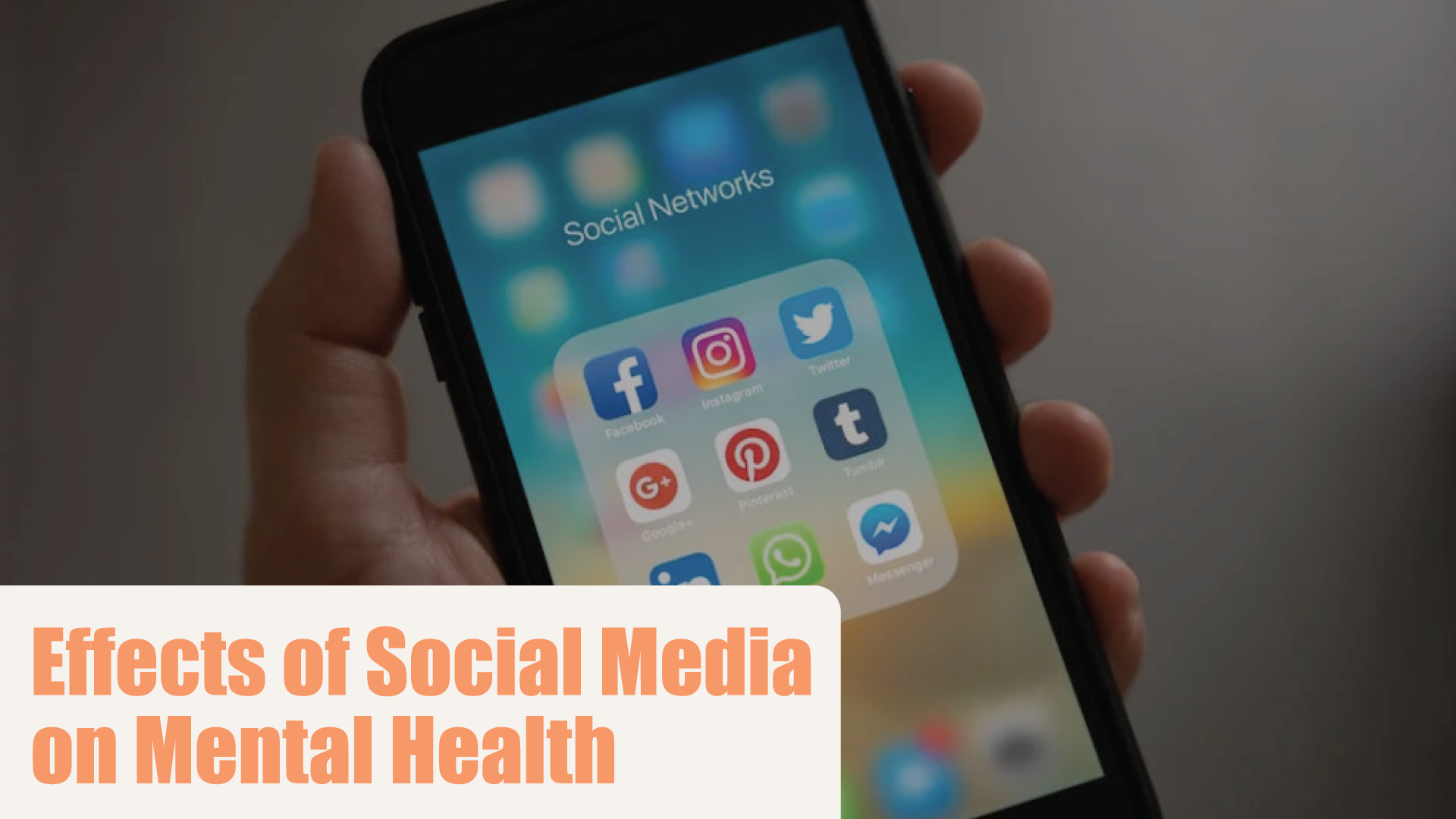Social media has revolutionized communication, but its impact on mental health is a subject of concern, prompting examination of its effects on individuals. With billions of active users and hours spent daily on social media, its pervasive influence raises questions about its role in mental well-being.
Positive Effects
Despite concerns, social media can be a powerful tool for connection. It allows people to build communities and find support networks online. Social media can also raise awareness for important causes and empower individuals.
Negative Impacts
The constant highlight reels and curated feeds of social media can lead to social comparison. Cyberbullying and the potential for addiction are also downsides. These factors can contribute to feelings of isolation and inadequacy for some users.
Research Findings
Studies on social media’s impact on mental health show mixed results. This highlights the need for a more nuanced understanding and further investigation to uncover the full picture.
Impact on Different Demographics
Age plays a role in how people experience social media. Teens, parents, and older adults face unique challenges and vulnerabilities. For example, teens might be more susceptible to social comparison pressures.
Self-Care Strategies
In our constantly connected world, maintaining mental well-being requires strategies like setting boundaries on social media use. Curating your feeds to focus on positive content is also important. Additionally, seeking support from friends, family, or professionals can be crucial.
Conclusion
Navigating social media’s impact on mental health requires a balanced approach. Mindfulness in our online habits and a collective effort to promote digital well-being are essential in today’s interconnected world.

